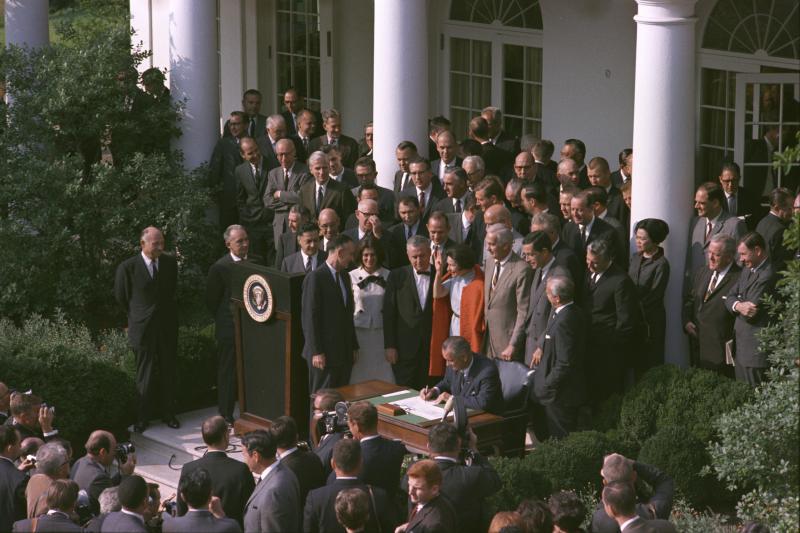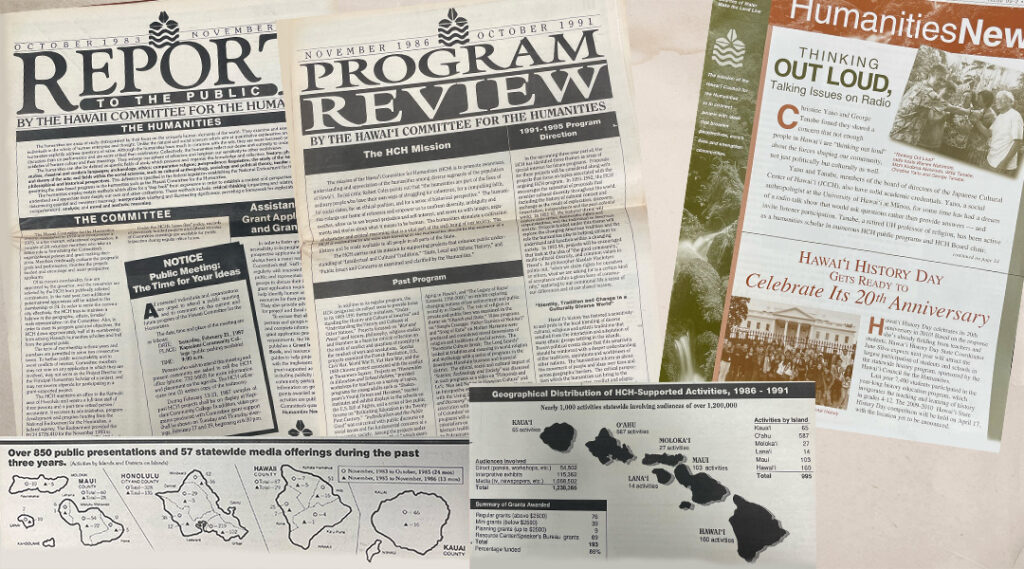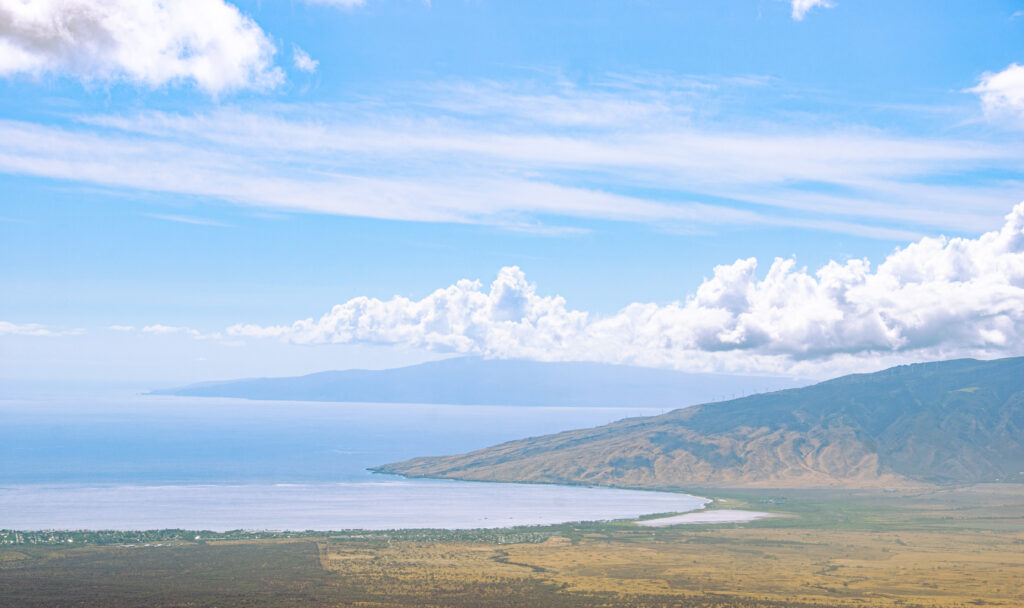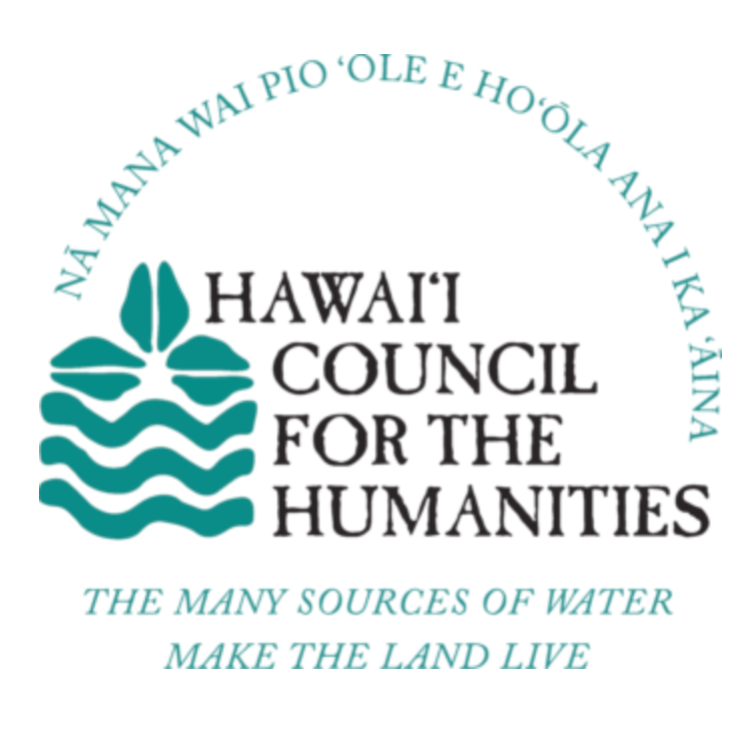The Humanities Defined:
According to the National Foundation on the Arts and Humanities Act of 1965, the term “humanities” is a generous container including the study and interpretation of language; linguistics; literature; history; jurisprudence; philosophy; archaeology; comparative religion; ethics; the history, criticism and theory of the arts; those aspects of the social sciences which have humanistic content and employ humanistic methods; and the study and application of the humanities to the human environment with particular attention to reflecting our diverse heritage, traditions, and history and to the relevance of the humanities to the current conditions of national life.
The Creation of State Humanities Councils:

On September 29, 1965, the National Foundation on the Arts and the Humanities Act was signed into law by President Lyndon B. Johnson. The act called for the creation of the National Endowment for the Humanities (NEH) and the National Endowment for the Arts (NEA) as separate, independent agencies.
The bill was the culmination of a movement calling for the federal government to invest in culture, just as it had with science. Arms control advocate and winner of the Nobel Prize in Chemistry, Glenn Seaborg stated:
We cannot afford to drift physically, morally, or esthetically in a world in which the current moves so rapidly perhaps toward an abyss. Science and technology are providing us with the means to travel swiftly. But what course do we take? This is the question that no computer can answer.
In 1963, the National Commission on Humanities (a conglomerate comprised of the American Council of Learned Societies, the Council of Graduate Schools in American, and the United Chapters of Phi Beta Kappa), conducted a study evaluating “the state of the humanities in America.” The following year the commission’s report was released and it found that the insistent stress placed on promoting a science-driven curriculum was endangering the study of the humanities at all levels of education.

The establishment of the National Endowment for the Humanities and the National Endowment for the Arts was seen as a way to advance a more holistic approach to curriculum development. The founding of the state jurisdictional humanities councils was seen as a way to ensure that regional humanities centered concerns were recognized and as a way to advocate for humanities in public spaces—humanities practices beyond classrooms and universities.
The Founding of Hawaiʻi Council for the Humanities:

Organized as the state affiliate of the National Endowment for the Humanities (NEH) in 1972, Hawaiʻi Council for the Humanities (HIHumanities) began distributing grant funding for humanities programs across the islands in 1973, and is now a 501(c)3 organization that continues to be funded in part by NEH.
Through much of our history, HIHumanities has been, primarily, focused on offering monetary support to Hawaiʻi Humanities-based institutions and programs, however in 1990, we began running our own with Hawaiʻi History Day and in 1999 we started hosting and facilitating reading and discussion programs in correctional facilities and in the community. In 2019, we expanded our K-12 programming with workshops and presentations focused on providing pedagogy and curriculum to Hawaiʻi K-12 teachers, such as areas historically absent from classrooms, like Filipino and Micronesian literature and history.
Organized as the state affiliate of the National Endowment for the Humanities (NEH) in 1972, Hawaiʻi Council for the Humanities (HIHumanities) began distributing grant funding for humanities programs across the islands in 1973, and is now a 501(c)3 organization that continues to be funded in part by NEH.
Through much of our history, HIHumanities has been, primarily, focused on offering monetary support to Hawaiʻi humanities-based institutions and programs. In 1990, we began running the Hawaiʻi History Day program and in 1999 we started hosting and facilitating reading and discussion programs in correctional facilities, which evolved into our current Try Think. In 2019, we began focusing our K-12 programming with workshops and presentations on topics historically absent from classrooms, like Filipino and Micronesian literature and history. We continue to partner on various projects with diverse community groups as well.


